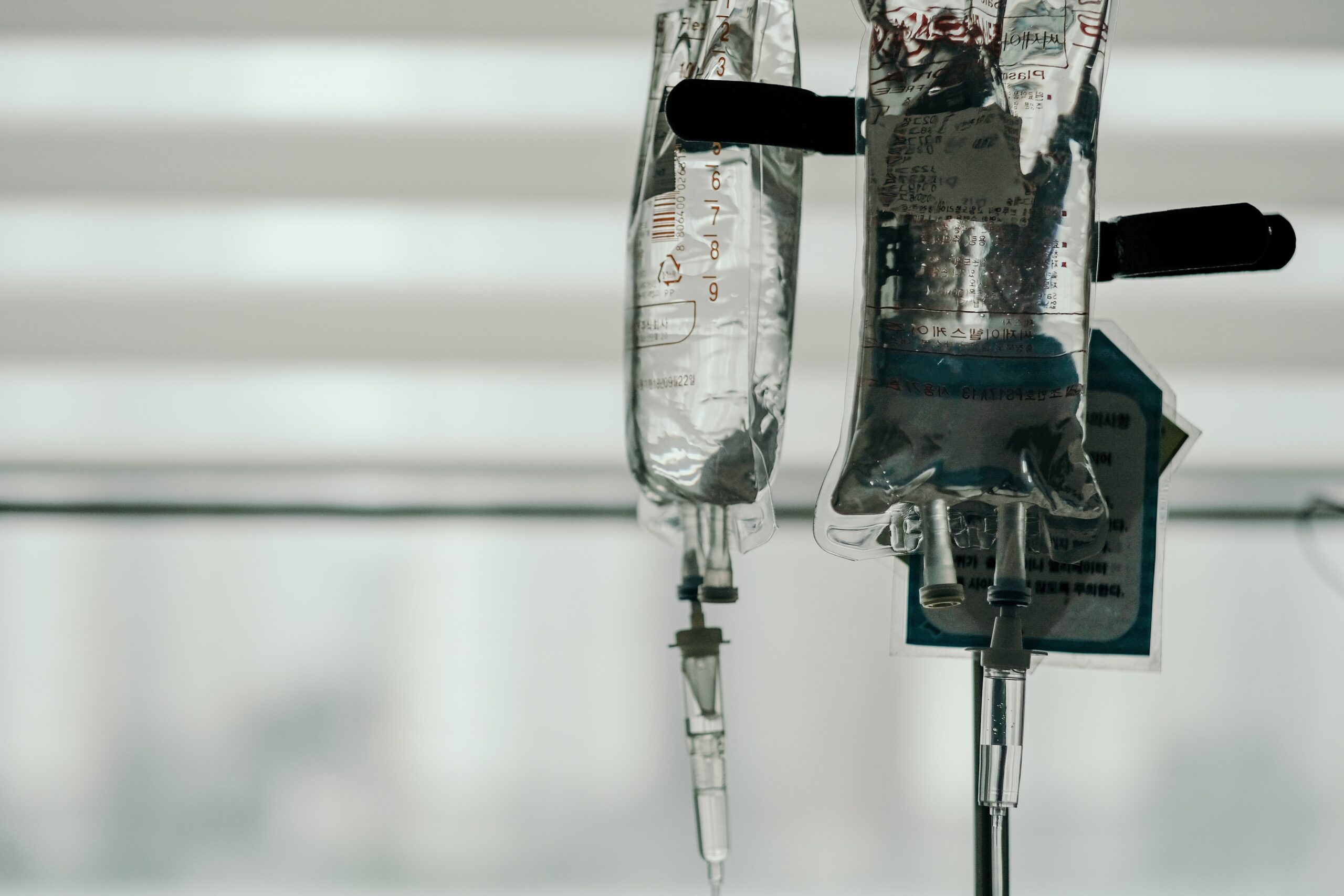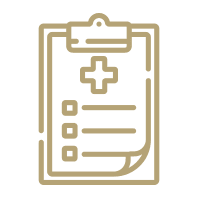Medication Error in Georgia
Securing fair and full compensation for victims of life-altering medication error
What is a medication error?
A medication error is a preventable event involving inappropriate medication use, which can lead to harm or potential harm to a patient. Medication errors can occur at any stage of the medication use process, including prescribing, dispensing, administering, and monitoring.

Bell Law Firm is one of Georgia’s leading law firms representing people devastated by life-altering medication error. Call us today at 404-249-6768 or email help@belllawfirm.com for a free consultation.
What are the most common medical errors?
Common examples of medication errors include:
1. Prescription Errors: These occur when a healthcare provider writes an incorrect prescription for a medication. This could involve the wrong drug, wrong dose, incorrect instructions, or an inappropriate medication for the patient’s condition.
2. Dispensing Errors: Pharmacists and pharmacy staff can make errors when preparing and dispensing medications. This may involve providing the wrong medication, incorrect dosage forms, or incorrect labeling.
3. Administration Errors: These errors happen when healthcare professionals or patients administer medications incorrectly. This can include taking the wrong dose, administering a medication via the wrong route (for example, intravenous instead of oral), or giving medication to the wrong patient.
4. Documentation Errors: Failing to correctly document medication administration or other important information can lead to errors in patient care and medication management.
5. Communication Errors: Poor communication between healthcare providers, such as doctors, nurses, and pharmacists, can result in medication errors. Misunderstandings or incomplete information can lead to mistakes in prescribing, dispensing, or administering medications, which can be dangerous for patients.
6. Technology and Equipment Errors: Errors can also occur due to problems with medical devices or technology used in medication administration. For example, a malfunctioning infusion pump may deliver an incorrect dose of medication.
How to prevent medication errors
Medication errors can have serious consequences for patients, ranging from mild discomfort to severe harm or even death. Healthcare facilities and professionals should work diligently to prevent these errors through various means like double-checking prescriptions, improving communication, implementing electronic prescribing systems, and providing education and training to staff.
Patients also play a role in reducing medication errors by being proactive about their healthcare, understanding their medications, and communicating with their healthcare providers about any concerns or questions they may have about their medications.
What are the most common causes of medication errors?
Medication errors can have several causes, often stemming from a combination of several factors. Human error, a significant contributor, involves mistakes made by healthcare professionals, such as misreading prescriptions or administering the wrong medication. Communication breakdowns between healthcare professionals are another prevalent cause of medication errors.
Other common causes include a lack of knowledge and training in medication management, particularly when dealing with complex medications. Medications with similar names or packaging can be easily confused, and healthcare workers with high workloads, fatigue, and other distractions can impair decision-making and attention to detail.
There are also some patient-related factors that can contribute to instances of medication error, like allergies or non-adherence to medication regimens.
Does medication error count as medical malpractice?
Medical malpractice refers to the negligence or substandard care a healthcare professional or facility provides that harms a patient. A medication error can be considered a form of medical malpractice if it meets the criteria for malpractice – a healthcare professional breached their duty of care, there’s a direct link between the medication error and harm or injury suffered by the patient, and the patient suffered actual damages as a result of the medication error.
Can you sue for a medication error in Georgia?
Yes, you can potentially sue for a medication error if you have experienced severe or permanent harm or injury due to a medication error. Medication errors can lead to serious health consequences, and patients have the legal right to seek compensation for damages caused by such errors. However, whether you have a valid lawsuit, and the success of your case will depend on several factors, including:
Proof of Negligence: To have a strong case, you need to demonstrate that the medication error resulted from negligence by a healthcare provider. This might involve showing that the healthcare professional failed to meet the standard of care expected in their profession, leading to the error.
Causation: You must establish a direct link between the medication error and the harm or injury you suffered.
Damages: You must have suffered actual damages, such as physical harm, emotional distress, additional medical expenses, lost wages, or other tangible losses as a result of the medication error.
Statute of Limitations: There is a limited timeframe in which you can file a lawsuit, known as the statute of limitations. The specific time limit varies by jurisdiction and the type of claim, but for most personal injury cases in Georgia, the limit is two years.
It’s essential to consult with an experienced medical malpractice attorney to assess the specific details of your situation and determine whether you have a valid claim. Medical malpractice cases can be complex, and Bell Law Firm can help you navigate the legal process, gather evidence, and pursue compensation.
Our Practice Areas
Medical Malpractice
Cases involving patients that are harmed because a doctor, nurse or other medical professional fails to provide proper treatment.
Medical Negligence
Cases involving mismanaged stroke, paralysis, wrongful death and more.
Surgical Error
Cases involving wrong-site surgeries, retained foreign objects, nerve damage following surgery, sepsis and more.
Misdiagnosis
Cases involving misdiagnosis, delayed diagnosis and more.
Medication Error
Cases involving inappropriate or incorrect medication use.
Catastrophic Injury
Cases involving traumatic brain injury, premises liability, industrial accidents, trucking accidents and more.
Contact Us Today
This site is protected by reCAPTCHA and the Google Privacy Policy and Terms of Service apply.

